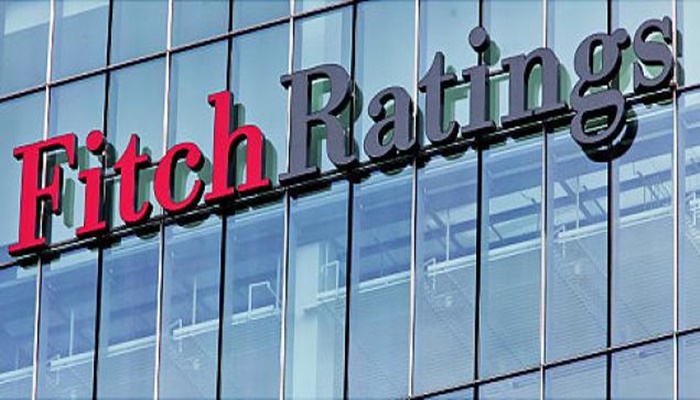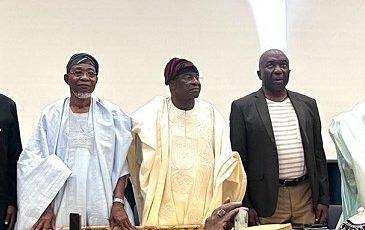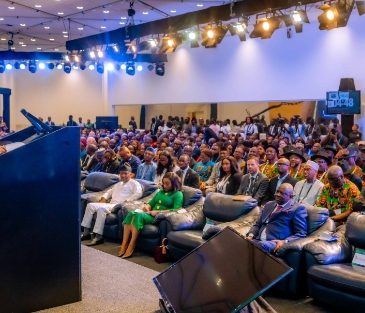Fitch raises concerns over $10bn forex loan, affirms Nigeria’s credit rating to stable

Fitch Ratings has affirmed Nigeria’s long-term foreign currency credit default outlook at B- citing recent policies by President Tinubu as responsible for the stable outlook.
It also raised concerns over the proposed $10 billion forex loan which the government plans to use to offset forex backlogs and inject liquidity into the system.
This is from its latest rating outlook commentary on the Nigerian economy. The global credit ratings agency noted that reforms such as fuel subsidy removal and, the new exchange rate framework as responsible for the stable outlook.
However, it said signs of backtracking on reforms such as “a lower degree of price discovery in the FX market than in late June” and recent revelation from the nation’s apex bank which suggests that foreign reserve is significantly lower than publicly acknowledged.
Strengths and weaknesses affecting the current rating
On the strengths and weaknesses of the Nigeria economy, the agency noted “Nigeria’s ‘B-‘ rating is supported by a large economy, a developed and liquid domestic debt market, and large oil and gas reserves.
The rating is constrained by weak governance, structurally very low non-oil revenue, high hydrocarbon dependence, security challenges, high inflation, low net FX reserves, and ongoing weakness in the exchange-rate framework.”
Fitch raised concerns about the recent government announcement to secure $10 billion in foreign exchange, highlighting the absence of specific information, such as whether this amount encompasses World Bank budget support loans totaling $1.5 billion.
It stated, “We forecast a broadly flat current account surplus, averaging 0.5% of GDP in 2023-2024. There is a lack of detail on a recent government announcement to raise USD10 billion of FX, including whether this includes World Bank budget support loans of USD1.5 billion.
Following the sharp depreciation this year, Fitch assumes exchange-rate adjustments proceed more gradually in subsequent years.”
The agency also noted that the country’s public debt, excluding Central Bank of Nigeria loans, has a relatively extended average maturity of 9.7 years.
Beyond that, the agency also said the scarcity of foreign exchange is hindering economic activities in the country and impeding the flow of foreign capital and the CBN’s net foreign exchange position is lower than understood according to its financial statement published in August.
Going further, the agency explained that Nigeria’s growth in 2024 will be spurred by an increase in crude oil production, a reduction in budget deficit freeing resources for capital expenditure, non-oil revenue growth, etc. But it highlighted Nigeria’s macro-economic challenges to include; high inflation which it projects to drop to 21.1% in 2024, and a high interest rate.
On ESG, Fitch scored Nigeria 5 referencing the World Bank which stated Nigeria has weak institutional governance capacity.
It stated, “ESG – Governance: Nigeria has an ESG Relevance Score of ‘5’ for both Political Stability and Rights and for the Rule of Law, Institutional and Regulatory Quality and Control of Corruption.
These scores reflect the high weight that the World Bank Governance Indicators (WBGI) have in our proprietary Sovereign Rating Model (SRM).
Nigeria has a low WBGI ranking at the 17th percentile, reflecting weak institutional capacity, uneven application of the rule of law, and a high level of corruption.”






